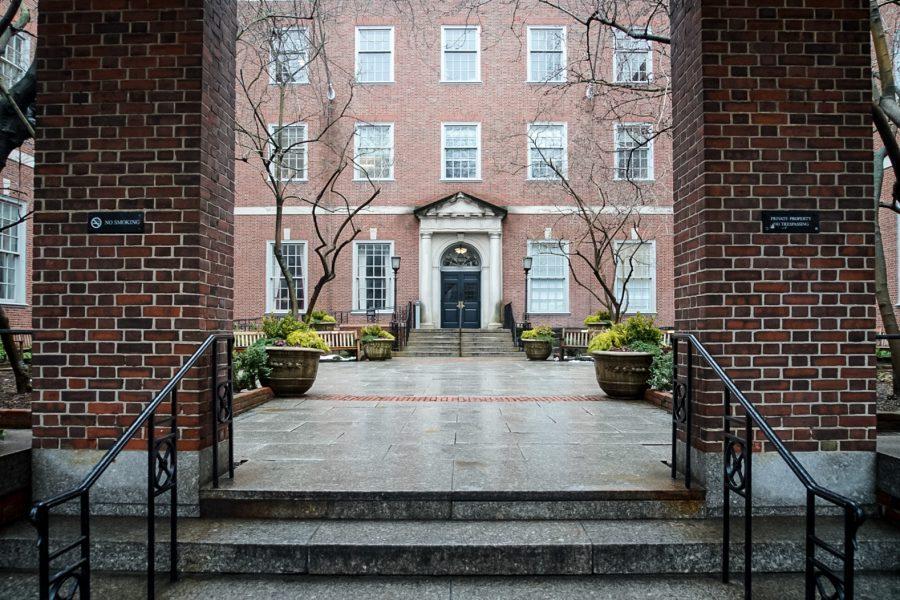New research from NYU Law points to crime-free housing policies as proliferating racial segregation in the housing system.
The new study, conducted by Deborah Archer, NYU Associate Professor of Clinical Law and Director of the Civil Rights Clinic at NYU School of Law, discusses housing laws that target people of color. Black criminality has been used as an argument against racial integration in schools in the 1950s and as justification for police to persecute and imprison communities of color during the War on Drugs. Archer’s research explored a more recent institutional usage of this narrative in the United States — crime-free ordinances.
“Crime-free housing ordinances are local policies that either require or encourage landlords or building managers to exclude folks because of their various levels of contact with the criminal legal system,” Archer said. “This means exclusion through eviction at the tail-end or exclusion through not agreeing to rent to them in the first place at the front end.”
Archer characterized the focus of her research as the mass criminalization of people of color which has become intimately interwoven with modern-day housing policies.
“In the world generally, people have begun to recognize the harm of excluding people who have come into contact with the criminal legal system,” she said. “But in the housing policy, one of the areas with the most fundamental aspects of social inclusion — we are going in the opposite direction.”
Archer explained that rather than finding ways to include and support people who have had contact with the criminal legal system, these laws advance exclusion under the guise of policy.
New York City does not have a crime-free ordinance, but there are other ways the stereotype of black criminality has embedded itself into the housing conversation. On Tuesday evening, NYC tenants gathered at the Met Council on Housing — an open space for tenants to seek advice on any disputes they may have with their landlords.
In response to a tenant who said he was concerned about safety in his predominantly Black and Latinx neighborhood, 2019 Fordham graduate and Met Council employee Fi Whalen said tenants need to be mindful of stereotypes when discussing housing policy.
Archer agreed with Whalen’s comment and said it reflects her own research on the use of criminality to exclude individuals from housing opportunities.
“I think people are blinded by the counterargument: that people should be safe in their communities,” Archer said. “That is the narrative that keeps from pushing back. But if you look at crime-free housing ordinances, steps aren’t being taken to make communities safer, but rather to exclude people.”
Archer identified these characterizations as the main proponent of crime-free housing ordinances. She argues that the link between mass criminalization of people of color and the housing system is often lost to the public eye, especially because these ordinances are not federal, but local laws.
“It’s from town to town, from city to city. They have different names,” Archer said. “[The laws] may be mandatory or voluntary. But the troubling trend of them is growing.”
Correction, Jan. 31: The title previous specified local housing laws but these issues are more about national housing policy. The article has been updated to reflect this and WSN regrets the error.
Email Karina Gamez at [email protected]























































































































































